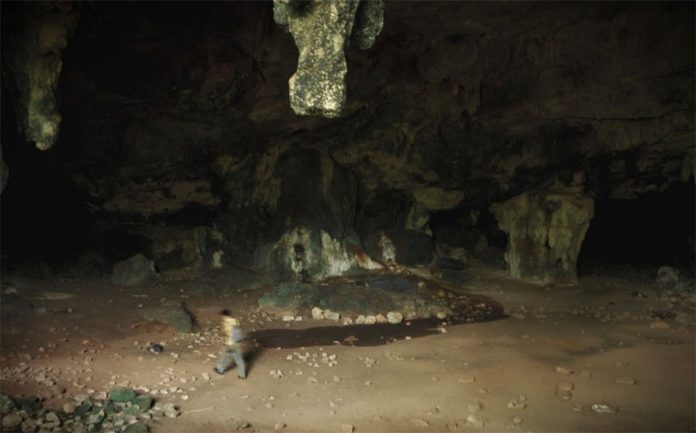A 2,300-year-old ceremonial cave has been discovered between two ancient Mayan cities in Yucatán, an expert from the National Institute of Anthropology and History (INAH) announced this week.
Víctor Castillo Borges, leader of the exploration project, said the Múusench’een Cave is part of a Pre-Columbian settlement hidden between the cities of Ebtún and Cuncunul.
Speaking at a Mayan culture forum at the INAH Yucatán Center in the state capital Mérida, Castillo said the cave and settlement were discovered in 2017 during an archaeological inspection of a site for a solar park.
The settlement, located in the east of the state, consists of three intact pre-Hispanic structures, two of which adjoin the cave.
The third is located directly above the cave, within which there is a cenote, or sinkhole, where five graves were found.
INAH experts believe that important pre-Hispanic personages were probably buried there.
Castillo explained that “virgin water” used by Mayan priests during ceremonial rituals is still present within the cave, which he said “is still considered a sacred place.”
Before exploration of the cave could take place, the INAH expert said that “the people in charge . . . had to take part in two [Mayan] ceremonies,” adding that “workers carried out a ritual every day before starting work inside the cave.”
Ceramic evidence found inside indicated that it was used for ceremonial purposes as early as the middle pre-classic period, which dates back to 300 BC, Castillo said.
He added that “the site turned out to be more important than was [originally] thought because it represents a living expression of the beliefs of indigenous peoples, in this case the Mayas.”
As the cave and settlement site are located on the grounds of what will be a solar plant, they won’t be open to the public but they will be conserved in the state in which they were found.
Castillo explained that the cave’s name, Múusench’een, means “lack of oxygen in the cenote,” an “original name that has been preserved for many years.”
Source: Notimex (sp), Yucatán Ahora (sp)
